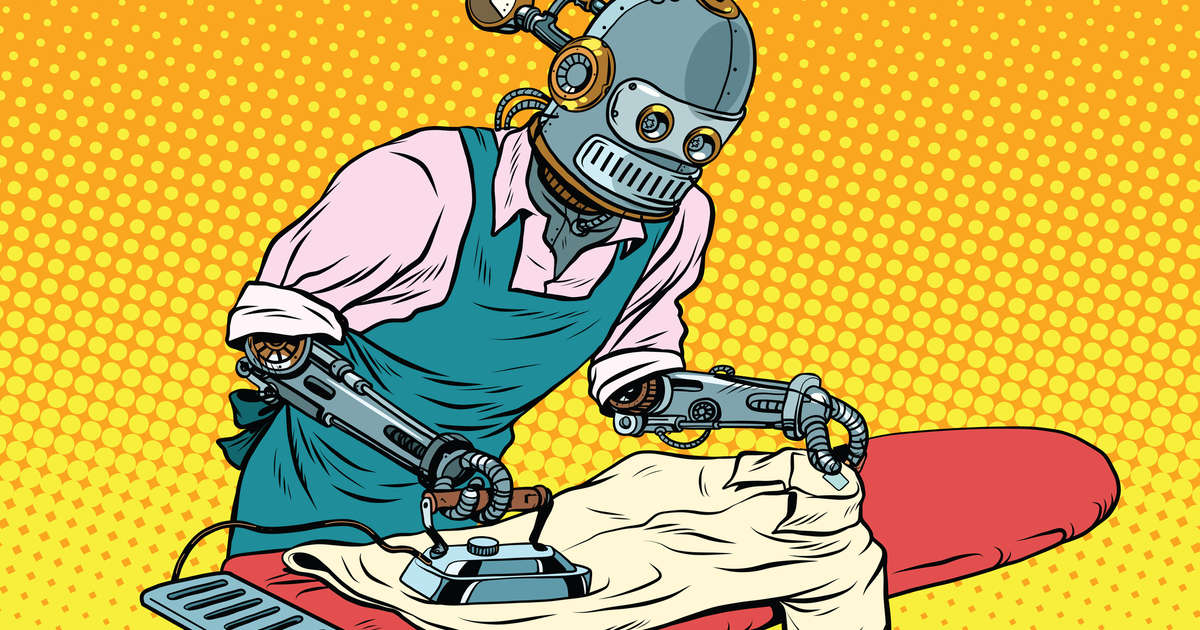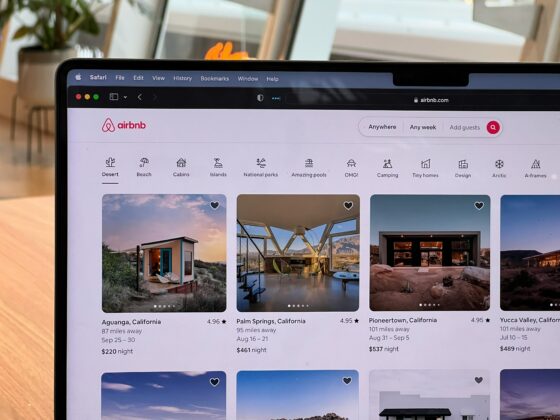
The global hospitality industry is undergoing significant change. In recent years, humanoid AI robots have evolved from a futuristic idea to an opportunity that aspirational hoteliers are exploring. In 2025, competition for guest loyalty, operational efficiency, and brand differentiation is fiercer than ever. In this environment, AI‑powered robotics could offer a way not just to impress guests, but to fundamentally reshape how hotels operate and connect with their visitors.
Recent surveys indicate that 49% of travelers would welcome being greeted by a robot in a hotel lobby, and nearly 70% expect hotels to adopt innovative technologies to enhance their stays. Hotels introducing humanoid AI into their guest services are already seeing stronger engagement and more positive guest feedback, particularly from tech‑savvy and international visitors.
Why is this transformation happening now?
The shift toward AI-powered hospitality isn’t just about impressing guests; it’s about long-term competitiveness and resilience.
Advances in artificial intelligence, natural language processing, and robotics engineering have converged at precisely the moment the hospitality sector is grappling with rising costs, labour shortages, and escalating guest expectations for speed, personalization, and seamless service. Modern humanoid AI robots are no longer prototypes; they are commercially deployed in hotels worldwide, not as a novelty, but as core service assets.

Personalised, interactive service
Today’s service robots integrate multilingual AI chat capabilities, facial recognition, and connection to a hotel’s property‑management system. This allows them to greet guests by name, tailor recommendations to stored preferences, and answer questions instantly, whether in Mandarin, Spanish, Arabic, or English. Instead of a static concierge board in the lobby, the interaction becomes dynamic and two‑way, leaving guests with a stronger emotional connection to the property.
Operational efficiency and staff empowerment
Repetitive, time‑consuming jobs like check‑in, key card activation, luggage guidance, and answering common location questions can be handled flawlessly by AI‑powered robots. This reduces bottlenecks during peak hours and frees up human staff to focus on complex requests, conflict resolution, and delivering human warmth in areas where emotional intelligence is irreplaceable.
Brand differentiation in a Smart Hotel era
In a competitive landscape where guests often choose based on tech‑forward amenities, having a humanoid robot in the lobby is as much a branding statement as it is a service tool. These robots become part of the guest’s story, filmed in social feeds, mentioned in reviews, and remembered long after checkout. That organic visibility acts as free marketing, helping properties stand out without costly media buys.
How should hoteliers prepare for this shift?
Successfully integrating humanoid AI robots into hotel operations isn’t about buying a robot and putting it in the lobby. It’s a strategic process that demands planning, infrastructure upgrades, and cultural readiness across the organisation. Done properly, the transition is smoother, the tech works as promised, and the guest experience improves rather than feeling like a gimmick.
1. Audit staffing and workflow realities
Start with a granular look at your current guest journey, from pre‑arrival to checkout. Which processes are bottlenecks? Which interactions do guests complain about most? Which tasks eat up the most staff time without adding much perceived value? These are the prime candidates for automation. Mapping this out also helps protect human‑touch moments: the warm welcome, the problem‑solving conversation, the unique local recommendation. By designing for collaboration between humans and machines from day one, you avoid both redundancy and service gaps.
2. Upgrade the technology backbone
Even the most advanced humanoid AI will stumble if it’s sitting on weak infrastructure. Future‑ready hotels need: High‑bandwidth Wi‑Fi and network resilience to handle constant data exchange between robots, PMS platforms, and cloud AI engines. Enterprise‑grade cybersecurity to protect guest data and comply with GDPR or equivalent regulations. Integration capability so robots can access live reservation details, room availability, billing systems, and loyalty program data for contextual conversations and actions. Hotels should also consider deploying edge‑computing solutions where applicable to reduce latency in high‑volume guest interactions.
3. Pilot, measure, iterate
Rolling out humanoid AI should be similar to launching a new service brand: test it in one property or one department first. Monitor not just technical performance, but also guest reaction, staff satisfaction, and ROI. Refine the robot’s scripts, workflows, and integrations before expanding. In a hospitality context, “working” doesn’t just mean the robot functions; it means guests feel their experience has improved.
4. Train staff for a human‑AI partnership
Employees need to know how to work alongside a humanoid robot, from redirecting guests to letting the robot handle certain queries to troubleshooting on the spot. The right training reframes robots from competitors to colleagues that lift low‑value workload off their shoulders. This engagement is critical to adoption and to avoiding silent resistance from frontline teams.
5. Position it as a guest‑facing innovation
Don’t let the robots feel hidden or awkward. Feature them proudly in marketing. Promote them on your hotel’s website and social media. Encourage guests to interact, take a selfie, ask it a question, and use it for local tips. The more it’s embraced as part of the brand rather than a back‑office experiment, the more positive buzz it generates.
Using humanoid AI in hospitality is not about replacing people. It’s about creating a hybrid model where technology handles repetitive, high‑volume interactions, while staff concentrate on service moments that require empathy, flexibility, and creativity. Hotels that master this balance will not only operate more efficiently, but will also deliver the “wow” moments that boost loyalty, generate buzz, and build reputation in a crowded market.







